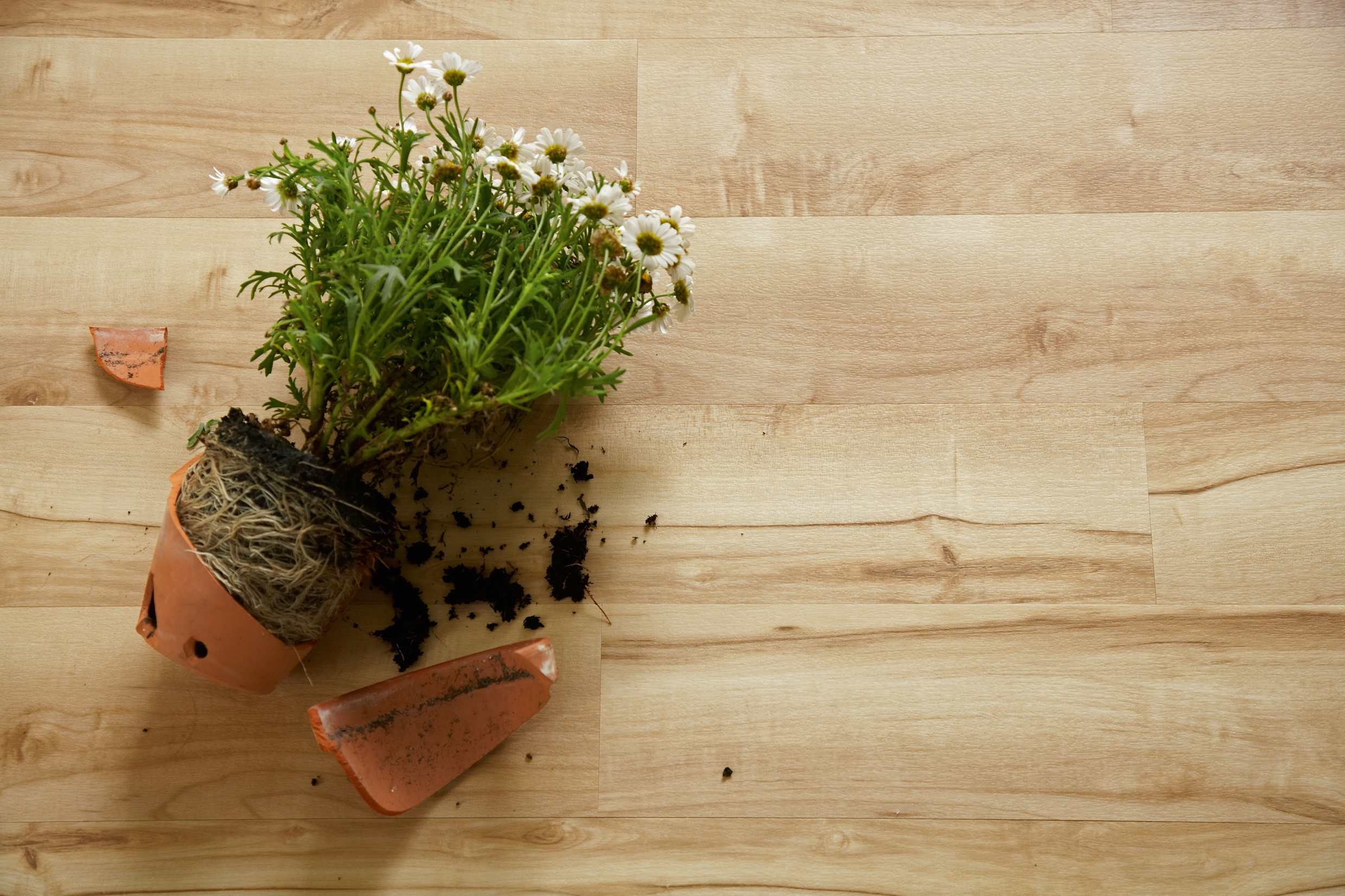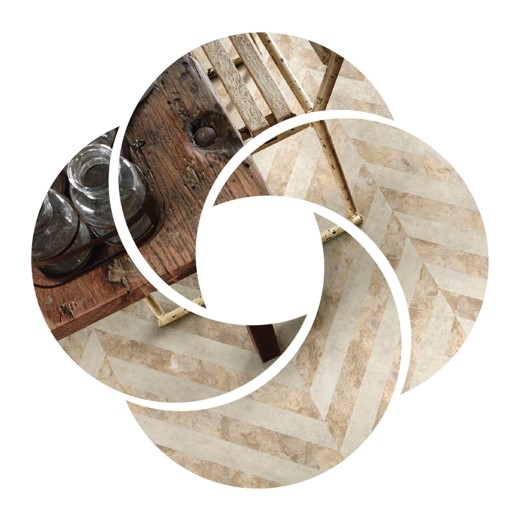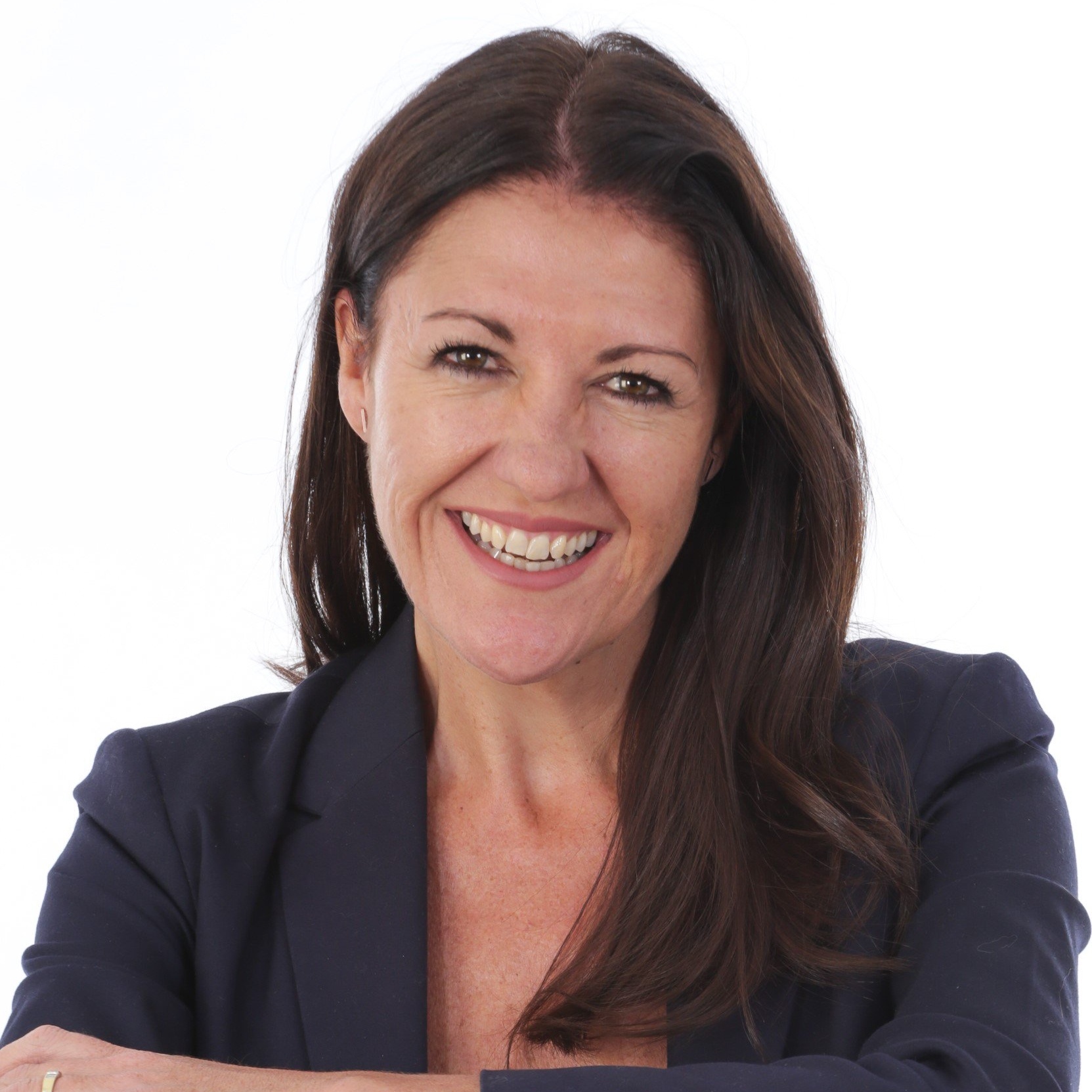
Due to modern manufacturing processes, vinyl flooring has a low environmental impact and is known as one of the most environmentally friendly options. As part of our commitment to ensuring environmentally sustainable products, we have adopted a “cradle to grave” approach which addresses the real questions around vinyl flooring.
Download our ‘cradle to grave’ infographic here.
Vinyl is made up of 57% salt (chlorine) and 43% oil (ethylene), salt being one of the world’s most abundant natural resources. All raw materials used in the manufacture of Polyflor vinyl flooring are responsibly sourced from the closest possible suppliers and purchased in bulk to minimise the transport impact. Like Polyflor, our suppliers are ISO 14001 certified or demonstrate robust environmental management.
Polyflor floor coverings predominantly use sustainable materials.
Vinyl’s manufacturing process is the least energy intensive of all flooring products. Vinyl requires less energy to produce than other plastics, at least 15% less energy than linoleum and 50% less energy than ceramics, due to linoleum and ceramics’ lengthy processes in ‘ovens’.
Vinyl is exceptionally energy efficient to produce, and embedded energy is further reduced when recycled material is used in place of raw materials. Vinyl has a relatively low carbon footprint; the same as frosted cornflakes!
Polyflor follows the strictest industry regulations ensuring no harmful substances, such as formaldehyde, lead, cadmium, mercury or hexavalent chromium are included in our vinyl.
Polyflor flooring is packed in the most effective manner to provide necessary protection, whilst minimising waste. Recycling of various elements of our packaging waste is organised on site, with recycled packaging used where possible.
Vinyl flooring is much lighter compared to other flooring materials, allowing reduced fuel consumption in transit.
Polyflor continues to develop and improve installation methods for its flooring ranges, with increased use of solvent-free adhesives and adhesive-free vinyl flooring, such as Camaro Loc, Expona SimpLay, Secura and Designatex. The added benefit of adhesive-free flooring is the ability to recycle and reuse the product.
Most Polyflor products are designed with low-maintenance features including a (Polyurethane) PUR reinforcement coating which ensures superior cleaning benefits, enhanced protection and optimum appearance retention. The PUR coating is environmentally sustainable ensuring less use of energy, polish, water and cleaning chemicals.
Vinyl offers excellent durability. The longer a product lasts, the less energy and other resources are needed to make, deliver and install a replacement. The official life-cycle of vinyl is 20-25 years but with excellent maintenance, it can literally last a lifetime.
Polyflor South Africa also offers a ‘first-of-its-kind’ recycling initiative for vinyl off-cuts. Currently, in South Africa, no technology exists that can separate glue residue from vinyl flooring, making recycling difficult. However, we have just received positive test results approving rip up vinyl (contaminated) to be used in the manufacture of Envirobloc bricks which is an exciting development.
TBL is a business model developed to encourage environmental and social responsibility together with sustainability among businesses worldwide; minimising impact on the planet whilst still considering the people in the company and surrounding community as well as required profitability. The corporations who adopt these standards are known as TBL companies. TBL is an important tool for supporting sustainability goals and is of particular significance in the construction industry because buildings impact greatly on the environment.
TBL is a business model developed to encourage environmental and social responsibility together with sustainability among businesses worldwide. Find out more about what the TBL business model entails in this helpful article.
What questions should you ask to make sure your flooring is sustainable?
Use this simple checklist based on the TBL concept to ensure your flooring manufacturer meets your requirement.
When looking specifically at slip resistant flooring, we have compiled a list of useful things you need to consider when selecting a sustainable slip-resistant floor.
Does the product have sustainable slip-resistance that is guaranteed for the life of the floor?Are the particles evenly spread through the performance layer for long-term performance?
Does the product meet the requirements of the 50,000 cycles Abrasion Test?
Does the product achieve a rating of 36+ for low-slip potential on the Pendulum Test in WET conditions? This can be checked on-site.
Does the product achieve a surface roughness result of 20 microns and above (or higher, depending on the requirements of the area where the floor is installed)? This can be checked on-site.

Our recycling initiative is in line with one of the key objectives of the South African Vinyl’s Association’s (SAVA) Product Stewardship Programme – of which Polyflor SA is a member.
Used vinyl floors are currently not recycled in South Africa for a simple reason—the glue and screed are attached to the floors after they have been removed and unfortunately there is currently no technology available in South Africa that can separate glue residue from the vinyl to facilitate recycling. In the meanwhile, we believe it is important to make a difference where we can. Every piece of off-cut that we can recycle will help to alleviate the strain on the country’s landfills and natural resources.
This will allow us to develop and refine a recycling initiative, to change industry thinking and allow us to be ready when we can start to recycle used floors.
Polyflor contractors are given specially branded bags for them to place their off-cuts in and returned to the company’s head office, where it will be weighed and recorded before it is collected by recyclers.
Polyflor has arranged with the major recyclers of vinyl around the country to collect the material from our premises for recycling into a wide variety of products, including traffic management products and gum boots.
Commenting on this recycling initiative, SAVA’s Chief Executive Officer Adri Spangenberg said they welcomed any pro-active steps taken by industry members to take responsibility for their own waste. “We have made a firm commitment to increase responsibility and sustainability within the PVC industry as a whole. However, one of the key challenges outlined within this product stewardship programme has been the commitment to increase recycling. We are proud of Polyflor for taking the lead in such an important industry action,” Spangenberg concluded.
When assessing any product - including flooring products - for sustainability, it is very important to start by asking the right questions. We provide answers to common questions about vinyl flooring, toxicity and sustainability in our eBook.
For Polyflor SA, winning the “Innovation in PVC Recycling” Award at the 2017 Vinyl SA Conference in Sandton on Wednesday 7th June was indeed an important milestone;a proud and humbling moment, validating the forward-thinking initiative led by CEO Tandy Coleman in launching the Polyflor Recycling Vinyl Flooring programme.
Polyflor SA’s vision when launching the vinyl recycling initiative at the end of 2016 was to involve as many players in the vinyl flooring industry to participate in this “zero vinyl flooring to landfill” concept. To date, close on 8 tonnes of clean vinyl flooring has been collected and sent to our recyclers to manufacture items such as pipes, cables, shoe soles, car mats and road cones, bringing Polyflor SA closer to their target of 15 tonnes by the end of 2019.
The future is exciting. Innovation peaks when necessity is at its greatest. With global warming, diminishing resources and an ever-growing population, innovation is a critical factor if we are to sustain our planet.
To be sustainable, the flooring industry must consider the following opportunities:
Greater and greater use of recycled resources, including energy and water, for production of products
Longevity and floors that are 100% recyclable or re-usable, in response to diminishing landfill capacity
Technology that uses solar and wind energy for production, transport and distribution
Technology that ensures production is clean and carbon- emission free and that the floors produced are clean and emission-free too
Advances in technology for adhesives and sealants used in flooring
Advances in floor-cleaning technology, resulting in less water, chemicals and energy use
The sustainability of the in-use lifespan of flooring
There is even the possibility that flooring in the future may help to harvest energy by collecting kinetic energy from the up and down movement of people walking on the floor and transferring the kinetic energy – via springs, pumps and wires – to electrical devices nearby. This concept is already on trial in places and it may not be long before a small system on your stairs is charging your mobile phone as you run up and down!
Polyflor will continue to strive for sustainability excellence, remaining at the forefront of sustainable development, manufacture, use and disposal of vinyl flooring. We are determined to stay abreast of developmental and technological advances that can help sustain our planet and put them to use in our business wherever possible..
We are passionate about doing it right and ensuring successful outcomes. We believe in the future and are committed to doing everything we can to make a tangible difference.

Tandy Coleman CEO
The question is no longer if a brand is going to undertake the sustainability journey but rather how they are going to do it.

Wendy Mitrovich Brand Manager